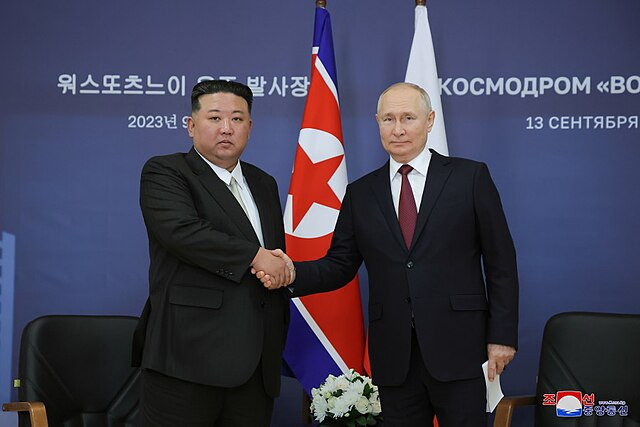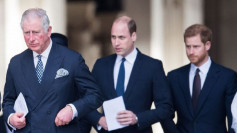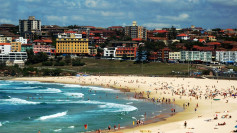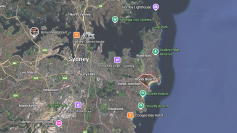North Korea has strongly denied claims that it is deploying troops to support Russia's military operations in Ukraine, following reports from South Korean intelligence suggesting otherwise. In a statement made during a United Nations General Assembly meeting, a North Korean representative dismissed the allegations as baseless rumors, saying they were aimed at damaging the country's image and undermining its legitimate ties with Russia.
The claims, first reported by South Korea's National Intelligence Service (NIS), suggested that North Korea had sent as many as 1,500 special forces personnel to Russia's Far East for military training. According to Seoul, these troops were part of a larger plan to deploy approximately 12,000 North Korean soldiers to assist Russian forces on the Ukrainian battlefield. However, North Korea has consistently denied these allegations, with the representative referring to them as "groundless, stereotype rumors."
The reports have nonetheless raised alarms in the international community. U.S. Defense Secretary Lloyd Austin, speaking at a G7 defense ministers' meeting in Naples, Italy, said that while the United States could not yet confirm the reports, if true, they would represent a serious escalation. Austin added that Russian President Vladimir Putin has been struggling to maintain troop levels, with more than 350,000 Russian soldiers estimated to have been killed since the war began in February 2022.
The diplomatic fallout from these allegations has been swift. South Korea's First Vice Minister of Foreign Affairs, Kim Hong Kyun, summoned Russia's ambassador to South Korea, Georgy Zinoviev, to express Seoul's "grave concern" over the matter. Kim condemned the reported military cooperation between Moscow and Pyongyang, warning that South Korea would respond with "all available means" in coordination with the international community. Zinoviev defended the cooperation, stating that it was "within the framework of international law" and did not compromise South Korea's security.
In a related development, South Korean President Yoon Suk Yeol discussed the issue in a call with NATO Secretary-General Mark Rutte, signaling South Korea's intent to increase defense cooperation with Ukraine and NATO. The conversation comes amid broader concerns about growing military ties between North Korea and Russia, with potential implications for regional security. The strengthened relations between Moscow and Pyongyang, including a military assistance treaty signed during Russian President Vladimir Putin's visit to North Korea in June, have already caused unease in Washington, Seoul, and Tokyo.
Experts have weighed in on the potential motivations behind North Korea's involvement in the Russia-Ukraine conflict. Patrick Cronin, Asia-Pacific security chair at the Hudson Institute, told Newsweek that North Korean leader Kim Jong Un likely views the conflict as an opportunity to secure advanced Russian defense technology. Additionally, Kim may be seeking personal assurances of military support from the Kremlin should North Korea face a future conflict, particularly with South Korea or other regional adversaries.
These concerns are further exacerbated by reports of arms shipments between North Korea and Russia. South Korea has accused Pyongyang of shipping thousands of containers filled with arms to help Russia replenish its depleted military stockpiles. Satellite imagery has reportedly captured Russian ships loading cargo at North Korean ports, substantiating these claims.
Adding to the speculation, a video shared on social media by a group of Chinese mercenaries fighting alongside Russian forces in Ukraine suggested that North Korean troops may have already seen combat. The video, posted on X (formerly Twitter), claimed that eight North Korean soldiers had died during their first day on the battlefield. These reports, while not independently verified, have fueled concerns that North Korean involvement in the conflict may be more extensive than initially believed.
Meanwhile, South Korea is considering a significant policy shift in response to the alleged North Korean troop deployment. For the first time, Seoul is publicly contemplating providing direct military aid to Ukraine. A senior official from President Yoon's office indicated that South Korea could supply both defensive and offensive weapons to Ukraine depending on the developments in the conflict. "We would consider supplying weapons for defensive purposes as part of the step-by-step scenarios," the official said, marking a potential departure from South Korea's longstanding policy of not providing arms to countries engaged in active conflict.






